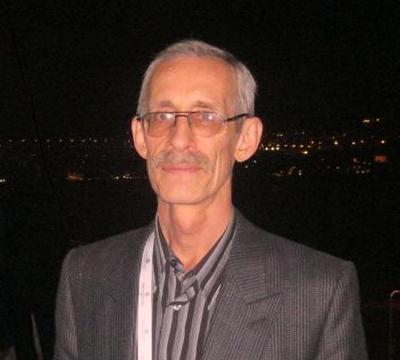NATO's reputation as the guardian of peace on Earth is in tatters these days. Once avowedly an alliance of North America and Western Europe to fight the communist hordes of Eurasia, it morphed into something quite difference with the collapse of the socialist bloc two decades ago. It now pretends to unite all of Europe to fight the Muslim hordes wherever they be found and, of course the Russians, just for good measure.
To do this, it expanded rapidly in the past decade, and now has a Partnership for Peace with ex-Soviet hopefuls. It also has a Mediterranean Dialogue with Western-oriented Muslim states and Israel (of them, Morocco and Israel are further blessed as � ���"major non-NATO allies� �� �) and the GCC+2 -- the Gulf Cooperation Council plus Egypt and Jordan. GCC+2 has been optimistically dubbed the � ���"NATO of the Middle East� �� � in Western media, but then once-upon-a-time so was the ill-fated Baghdad Pact, originally called the Middle East Treaty Organisation (METO). The real � ���"NATO of the Middle East � �� � is of course US+1.
Whatever the US/NATO schemes and their pretexts, the results in recent years have been less than impressive. The communist hordes were soon replaced by the Russian and/or Muslim ones, and, despite the Mediterranean Dialogue and the GCC+2, the Muslim ones are multipying daily. Even NATOphiles realise something is amiss. The newly appointed secretary general, Anders Fogh Rasmussen, was so eager to transform the organisation he gave up his job as prime minister of Denmark, making him the highest ranking politician to take over NATO. � ���"I want to modernise, transform and reform so that NATO adapts to the security environment of the 21st century.� �� �
Rasmussen points to the bloated bureaucracy, with its more than 300 committees -- all requiring decisions by consensus, and 13,000 personnel scattered across Western Europe at NATO's many military bases. When France rejoining the integrated military structure in April, it had to send 900 military staff to the various NATO commands. � ���"In a rapidly changing security environment, we have to make sure that NATO is able to make rapid moves,� �� � asserts Fogh Rasmussen wistfully.
But his biggest move so far to reform the dinosaur was to appoint an � ���"outsider� �� �, former secretary of state Madeleine Albright, to lead a group of 12 experts to work out a new strategic concept. Albright is hardly an outsider, being a key actor in the NATO bombing of Serbia which led to the creation of the first NATO satellite -- Kosovo, touted as a great success by NATOphiles, but as a violation of international law and relations by just about everyone else. It remains a basket-case, shunned by the likes of China, India and Russia. So don't hold your breath that Albright will spearhead a radical reinvention of NATO.
NATOphiles ignore the obvious question about the organisation: why didn't it just disband when its mission to crush Communism was successful and the Warsaw Pact was dissolved? They also don't seem to feel it necessary to explain why a northern Atlantic organisation should expand into Eurasia and fight wars in Central Asia; why the UN is not the more appropriate forum for world security issues. The UN, famous for its own bureaucracy, has undergone considerable reform in the last decade and is certainly no more dysfunctional than NATO. It also has the advantage of bringing North, South, East and West together, guaranteeing a modicum of world consensus for any military action.
There is no hint within the NATO fortress that such questions will worry Albright's experts, or that they will consense towards anything other than making NATO an even greater threat to the diplomatic resolution of world problems.
Others are not twiddling their thumbs, however. The dogs may bark but the caravan moves on. Russia has been picking up the pieces in its foreign affairs since the regional alliance of Soviet days broke up and its place in the world as a counterweight to American diktat was lost. The Collective Security Treaty Organisation (CSTO) was formed in 2002, bringing together Russia, Central Asian states Uzbekistan, Tajikistan and Kazakhstan, as well as Armenia and Belarus, and has been picking up steam in the past year, despite the difficulty of dealing with unpredictable member-dictators.
It is truly a regional pact with a legitimate reason for existing, unlike NATO. It was recognised by both the Shanghai Cooperation Organisation (SCO) and the UN as such in 2007, and there has been talk of it becoming the genesis of a defence arm for the SCO. NATO's battering in Afghanistan has reduced it to asking for Russia's -- really the CSTO's -- participation in the Afghanistan operation, most obviously as the � ���"northern corridor� �� � transport route from Europe to Northern Afghanistan via CSTO member-states.
(Note: You can view every article as one long page if you sign up as an Advocate Member, or higher).






